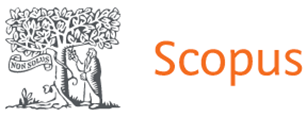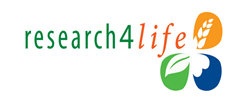Requirements Management Methods During Project Implementation in Conditions of Uncertainty
DOI:
https://doi.org/10.15330/jpnu.10.4.93-102Keywords:
requirements management, requirements management methods, project management, project implementation, conditions of uncertainty, software developmentAbstract
The purpose of the article is to study the issue of application of software requirements management methods during project management under conditions of uncertainty. It has been established that the management of requirements under conditions of uncertainty should be considered as permanent processes of system management of requirements throughout all stages of the project life cycle, which involves activities aimed at maintaining, tracking and checking requirements from the moment of their formation to their implementation and beyond. Based on the results of the research, it was found that the most common requirements management methods are: flexible (Agile) approach; advanced requirements analysis; the "Gradual Disclosure" method; models of iterative and incremental development; the "Minimum Viable Product" method; "Just-in-Time" method etc. It has been established that the use of software requirements management methods becomes especially relevant in conditions of uncertainty, as these methods allow you to effectively deal with dynamic changes and ensure the flexibility of the project. It was found that requirements management should focus on the organization, communication and development of requirements, among which the following can be distinguished: change management, traceability of requirements, communication, version control of requirements documents, etc. It has been investigated that change management involves making corrections to specified requirements during project implementation, as well as assessing the impact of corrections, obtaining permission to modify and update the necessary documents. Traceability, in turn, means defining and maintaining traceable relationships between requirements and other project artifacts, such as project documentation, test cases, and code. Therefore, traceability makes it possible to guarantee that all requirements are taken into account and corrections can be traced throughout the development of the project. At that time, communication facilitates effective communication between project stakeholders regarding the requirement and involves the conversion of updates, resolution of problematic aspects, and facilitating that all members of the working group have a common understanding of the formulated requirements. Also, control over the versions of requirements documents in order to track corrections in time. The obtained results of the conducted research serve as a basis for further research in the part of more effective use of requirements management methods during the implementation of projects in conditions of uncertainty.











